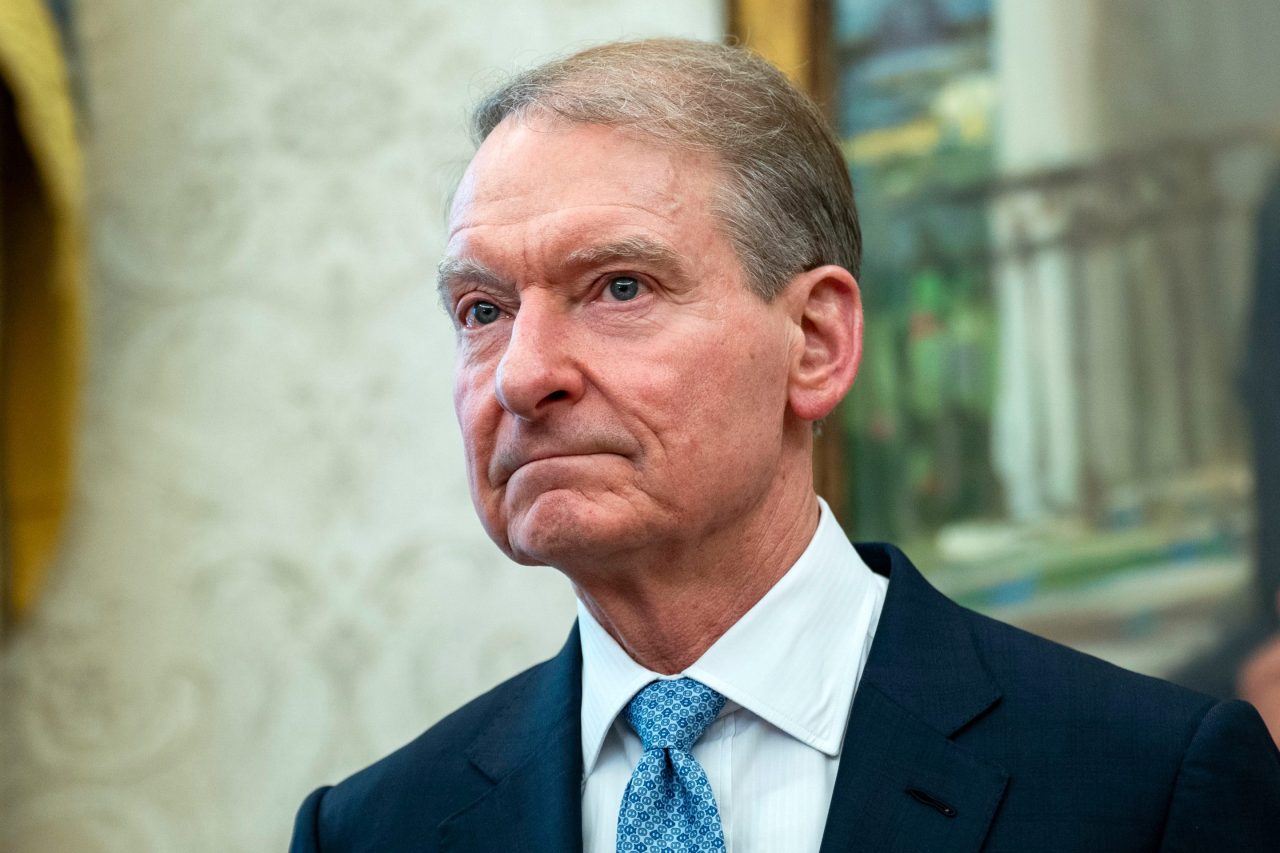The appointment of Paul Atkins as the new chairman of the U.S. Securities and Exchange Commission (SEC) has stirred widespread speculation across Wall Street and corporate America. Many are wondering if the SEC’s robust enforcement stance might soften under his leadership. However, in a recent discussion, three former SEC general counsels issued a clear warning: don’t expect enforcement actions to vanish anytime soon.
Despite Atkins’ reputation for advocating lighter regulatory touches during his earlier tenure, the former top legal minds emphasized that the SEC’s fundamental mission remains intact — protecting investors, maintaining fair markets, and holding wrongdoers accountable.
Who is Paul Atkins?
Paul Atkins is a seasoned financial regulator and attorney with deep roots in securities law. He previously served as an SEC Commissioner from 2002 to 2008, known for favoring:
- Strong investor protections
- A measured approach to regulation
- Advocacy for capital formation and innovation
Given his pro-business background, many corporations had hoped his appointment would lead to a more lenient enforcement environment. However, experts are cautioning against premature celebrations.
The Reality Check: Enforcement is Here to Stay
During a recent panel hosted by a major legal association, three former SEC General Counsels — each having served under different administrations — collectively stressed the following points:
1. Enforcement Is Core to the SEC’s Identity
Regardless of leadership changes, enforcement is central to the SEC’s statutory obligations.
Ignoring or significantly reducing enforcement would risk:
- Eroding public trust in financial markets
- Jeopardizing investor protection
- Attracting political and legal backlash
2. Staff Drive Much of Enforcement
While the chairman can influence broad policy direction, the SEC’s professional enforcement staff — including seasoned attorneys and investigators — drives day-to-day casework.
Investigations already underway will continue unless there is compelling reason to terminate them.
3. Market Behavior Dictates Enforcement Trends
When markets experience volatility, fraud, or misconduct, enforcement naturally ramps up, regardless of who’s in charge.
Given the current financial environment, including high market valuations and growing complexities in crypto assets, a lighter touch seems unlikely.
What Could Change Under Chairman Atkins?
While enforcement won’t disappear, the former counsels suggested a few potential shifts:
- Prioritization:
Atkins may shift focus toward cases involving clear fraud or egregious misconduct, while de-emphasizing technical or borderline violations. - Penalties and Settlements:
There could be greater openness to negotiated settlements, possibly reducing fines for companies that demonstrate good faith cooperation. - Guidance and Clarity:
Expect more formal guidance aimed at helping companies comply voluntarily, rather than relying primarily on enforcement threats.
In short, the tone might soften at the margins — but the enforcement engine will keep running.
Implications for Corporations and Investors
Companies hoping for a compliance “holiday” under Atkins will be disappointed.
Former counsels urged corporate leaders to:
- Maintain rigorous compliance programs
- Continue transparent disclosures
- Take proactive steps to address potential regulatory concerns
Meanwhile, investors can feel reassured that their interests remain a high priority for the agency.
Historical Perspective: Leadership Changes vs. Institutional Continuity
History shows that while leadership changes at the SEC can influence policy emphasis, the institution itself remains remarkably stable in its mission.
For instance:
- Under different chairs, enforcement priorities shifted between insider trading, accounting fraud, and cybersecurity risks — but enforcement itself never slowed dramatically.
- Even chairs known for deregulation efforts have maintained aggressive enforcement during market crises.
Thus, while Paul Atkins may refine the SEC’s strategic focus, he is unlikely to undermine the agency’s core enforcement responsibilities.
Conclusion
While the appointment of Paul Atkins as SEC Chairman has stirred hopes in some corners of Wall Street for a lighter regulatory touch, seasoned insiders caution otherwise.
Enforcement will remain a central pillar of the SEC’s work, though its tactics and tone may evolve.
Businesses would be wise to stay vigilant, ensure strong compliance practices, and not mistake leadership change for regulatory retreat.
As one former general counsel summarized:
“The SEC doesn’t abandon its core mission. Leadership matters, but the law and public duty matter more.”




